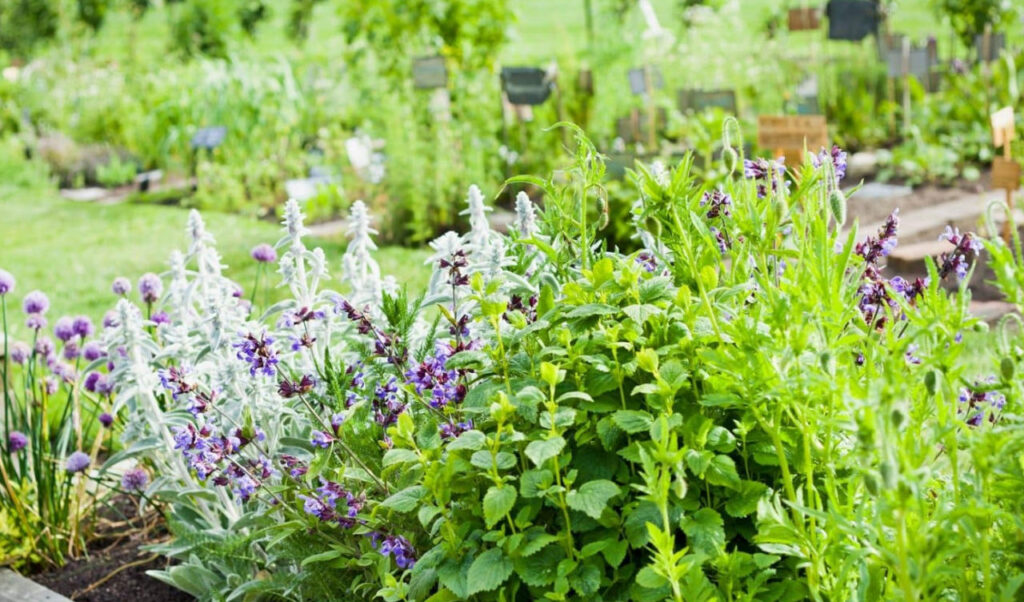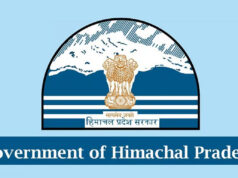75 Schools to Cultivate Medicinal and Endangered Plants with Ayush Department’s Support
In an effort to promote traditional medicine and environmental awareness, 75 schools across Himachal Pradesh will soon establish herbal gardens featuring medicinal and endangered plant species. According to Dr Amarjeet Kumar Sharma, Director of Higher Education, “This step is aimed at promoting traditional medicine and environmental awareness. It will connect students with the healing power of nature while imparting knowledge about medicinal plants and their uses.”
The Ayush department has allocated Rs 18.75 lakh to these selected schools, with each school receiving a budget of Rs 25,000 to develop an herbal garden on 500 square meters of land. Additionally, an annual maintenance grant of Rs 7,000 will be provided for four years to ensure the gardens are well-maintained.
Each herbal garden will house 10 to 15 species of medicinal plants, including rare and endangered varieties, depending on the local agro-climatic zone. Students will actively participate in planting, watering, and labelling these plants, providing them with hands-on experience with species known for their healing properties. The gardens will also incorporate eco-friendly practices, such as the use of vermicompost and organic fertilizers, to support sustainable growth.
The highest number of herbal gardens will be set up in Kangra district (21 schools), followed by Mandi and Shimla (8 schools each), Kullu and Solan (6 each), Bilaspur, Una, and Solan (5 each), Chamba and Hamirpur (4 each), Kinnaur (2 schools), and Lahaul-Spiti (1 school).
Schools are being encouraged to collaborate with parent-teacher associations (PTAs) and non-governmental organizations (NGOs) to ensure year-round maintenance of these gardens, even during holidays. This initiative not only enhances students’ knowledge of medicinal plants but also fosters a deeper connection with nature and promotes environmental sustainability.











